Today, in this article, we are going to give you information about Durra Sour Lemon Juice is extremely essential for your health.
lemon juice for cooking
Sour Lemon Juice is a product that considers as the main products of Al Durra Company. In this article we are going to take a look at it, and why it is extremely essential for your health. Extremely adaptable, sour mix may be used to make anything from amaretto sours to margaritas with little umbrellas. This simple and long-lasting sour mix is ideal for preparing margaritas, sours, daiquiris, and other beverages that call for fresh citrus juice and sugar. And it may be adjusted in an infinite number of ways to your tastes and the drinks on offer. A few lemons, some sugar, a little amount of water, and the ability to stir are all that are required to create a tasty homemade sour mix. In other words, drinks made with this sour mix are superb. Traditional sour mix is a kind of simple syrup made with freshly squeezed lemon and lime juices. It is simple to manufacture your own sour mix, which will improve the appearance and flavor of your beverages. The fresh citrus beverages are worth the 10 minutes it takes to prepare a batch since they are refreshing and light. Unfortunately, the extremely sweet, neon green, radioactive commercial mixes served in bars and sold in liquor stores have tarnished the reputation of sour mix, or sweet and sour mix as it is more often known. Concoctions containing a large quantity of chemicals, including corn syrup, artificial flavors, and food coloring. The majority of these combinations are so sickeningly sweet that they utterly overpower the alcohol, resulting in drinks that you will quickly forget. Making Sour Drink Mix Powder Making your own sour mix is among the easiest tasks you can do. All that is necessary is freshly squeezed lemon and lime juice, some water, and sugar. In a skillet or dish, whisk together the ingredients; then, transfer the mixture to a tightly sealed bottle or airtight container and store it in the refrigerator for up to three weeks. Despite the fact that lime juice is often used, we established via testing that a mixture made with simply lemon juice was the obvious choice among tasters. When compared to a version prepared with lime juice, they found that the one created with fresh lemon juice had a more refined flavor profile and had more of the desirable qualities. However, there are multiple compelling reasons to experiment with other citrus kinds in this basic recipe, as we will discuss below. In addition, we found that the combination tasted best when made cold, by just combining lemon juice, sugar, and water. When citrus fruits are exposed to high temperatures, they often lose part of their unique taste and color. Use a basin or pitcher large enough to enable you to whisk the mixture at a fast enough pace to completely dissolve the sugar without using heat, without the liquid spilling and producing a mess. According to our research titled “Does the Best Lemonade Come from Lemons, a Bottle, or Powder?,” freshly squeezed lemon juice offers several benefits over bottled lemon juice. Lemon pulp enhances the taste and texture of beverages in a way that lemon juice from a bottle could never do alone. Typically, four healthy, full-sized lemons are required to provide one cup of lemon juice. If you’re having trouble extracting juice from citrus fruits, consider microwaving them for 15 seconds and rolling them under your hand before slicing them in half and extracting the juice. 
lemon juice benefits
When using a juicer that separates pulp from seeds, straining the combination is optional. The largest collection of cocktail recipes in the world, including simple variations. From a single base combination, a vast array of drinks may be created. This basic sour mix recipe may be used to create several variations of sours, margaritas, daiquiris, and collins. When you create it yourself, you may use all-natural components, customize the mixture to your preferences, and save money. You may easily vary the sweetness by using more or less sugar, or by using agave syrup, raw sugar, or Demerara sugar. Citrus fruits, such as lemons, limes, grapefruits, and oranges, may be employed in an almost infinite number of quantities. Include some key limes, tangerines, or blood oranges if you’re feeling adventurous. Using a vegetable peeler, remove thin strips of zest and incorporate them into the mixture to enhance the fruit’s natural flavor. Just remember to filter them out before to serving. A combination of three parts water to one part juice to one part sugar is a good starting point as a general guideline. If you want to obtain a taste profile similar to that of store-bought mixes, you may substitute half a cup of fresh lime juice for the sugar in the basic recipe. All citrus kinds may substitute bottled juice with freshly squeezed juice. A mixture created with freshly squeezed citrus, which may be scarce or expensive during certain seasons, will have a stronger flavor and coarser texture than one made using bottled juice. Recipes for Cocktails With Sour Mix There are several classic cocktails that begin with a sour mix, therefore every skilled home bartender should own one. In cocktail recipes, sour mix is often referred to as lemon sour or sweet n sour mix. It is an excellent mixer that complements a variety of spirits. In this Whiskey Sour recipe, we especially appreciate how this mix brings out the whiskey’s rich flavors, and this Vodka Sour, which obtains its frothy top when shaken with an egg white, is a fantastic example of the combination’s features. You should get a carton of liquid egg whites in order to prepare sours and other drinks using egg whites. Even though they are entirely pasteurized and much less dirty than freshly cracked eggs, they are equally smooth and create the same quantity of foam. This Mezcal Margarita is another crowd-pleaser; it is created with smoky mezcal and a pinch of salt for a delightfully new spin on the standard margarita that will have you fantasizing about a beach getaway. This mix may be refrigerated for up to two weeks. And if you’re organizing a party and need a large quantity of beverages, you can make a batch in a flash. Frequently Asked Questions About Making a Sour Mix What ingredients make up sour mix? Typically, fresh lemon and lime juices are combined with water and sugar in a 3:1 ratio to make a sour mixture. How long would it last if I made my own sour mix? With a proper seal, homemade sour mix may be refrigerated for up to three weeks. The appearance of cloudiness or mold spores indicate that food has gone rotten. Where can I locate an appropriate substitute for sour mix? You may also use a store-bought mix; just make sure it has proper labeling and is not too sweet. You may also use lemon-lime soda or powdered mix available at liquor stores. What is the alcohol content? Does sour mix include alcohol? As a solo item, the mix does not include any alcoholic components. Nevertheless, it was designed to be mixed with alcoholic drinks. When mixed with carbonated water, it is also the basis for homemade lemonade and lemon-lime soda. 
Sour Lemon Juice Health
But how to determine sour lemon juice health? Many individuals think that drinking lemon juice may prevent disease. Due to its alleged alkalizing effects, it has received considerable interest in the alternative health community. Due to its low pH, there is little doubt that lemon juice is acidic rather than alkaline. Since the pH of lemon juice is acidic, this article examines the opinions of individuals who consider it to be alkalizing. In response to “What is pH?” Understanding the concept of pH is crucial when discussing acidic vs alkaline foods. On a scale from 0 to 14, pH shows whether a solution is acidic or alkaline. The neutral point on the pH scale is 7. Any number less than seven is considered acidic, whereas any number more than seven is alkaline. On the pH scale, adjacent numbers imply tenfold changes in acidity. Between pH 5 and pH 6, the difference is tenfold, and between pH 5 and pH 7, the difference is one hundredfold. The acidic pH of lemons is due to the high quantities of citric acid they contain. With a pH between 2 and 3, lemon juice is very acidic, since it is 10,000 to 100,000 times more acidic than water. Theoretical benefits of an alkaline diet The Alkaline Diet has grown increasingly popular in recent years. The concept is based on the notion that your body’s pH may be altered by the things you eat. Let the record reflect that there is no scientific evidence supporting the Alkaline Diet. Studies have shown that the foods you eat have a minor effect on the pH of your blood. However, the Alkaline Diet includes three separate food categories: Meat, poultry, fish, dairy, eggs, and alcoholic drinks all add to the acidity of the body. Naturally occurring lipids, carbs, and sugars are neutral foods. Alkalizing foods include produce, nuts, beans, and legumes. According to one school of thinking, consuming an acidic diet may increase susceptibility to illness and disease by lowering the pH of the body. 
how to make lemon juice
It is often assumed that your body would absorb calcium from your bones, for example, to neutralize the acidic effects of the foods you eat. Since cancer cells can only survive in acidic environments, some individuals believe that an alkaline diet may prevent or even cure cancer. Therefore, adherents of this diet attempt to improve their health and reduce their disease risk by eating less acidic and more alkalizing items. Why lemon juice, despite its acidic pH, is termed alkaline Before a meal is digested, the food’s pH has no bearing on whether it will have an acidic or alkaline effect on the body. Instead, it is governed by the acidity or alkalinity of the metabolic waste products. Ash analysis is one method for predicting the composition of food waste. In order to simulate the digestive process, laboratory meals are burned. The pH of ash may be used to determine whether a meal is acidic or alkaline. The examination of ash determines whether foods are acidic or alkaline. Instead of depending on ash analysis, which is an imprecise evaluation, scientists now utilize a system that evaluates meals according to their potential renal acid load (PRAL). The PRAL of a meal is the estimated renal acid load, or the amount of acid that will be ejected by the kidneys after metabolism. The kidneys are responsible for eliminating excess acid or alkali from the blood via the urinary system. Acidic meals, such as protein, phosphorus, and sulfur, make it more difficult for the kidneys to neutralize excess acid. Protein- and carbohydrate-rich foods (such as meat and grains) have a higher PRAL score. Fruits and vegetables include several alkaline nutrients, such as potassium, calcium, and magnesium. This negatively affects the PRAL score because it reduces the amount of acid that the kidneys must filter. In a manner similar to that of other fruits, the metabolic breakdown of lemon juice produces alkaline byproducts. Consequently, it has a low PRAL grade. In spite of its acidic pH prior to digestion, some people consider lemon juice to be alkaline. 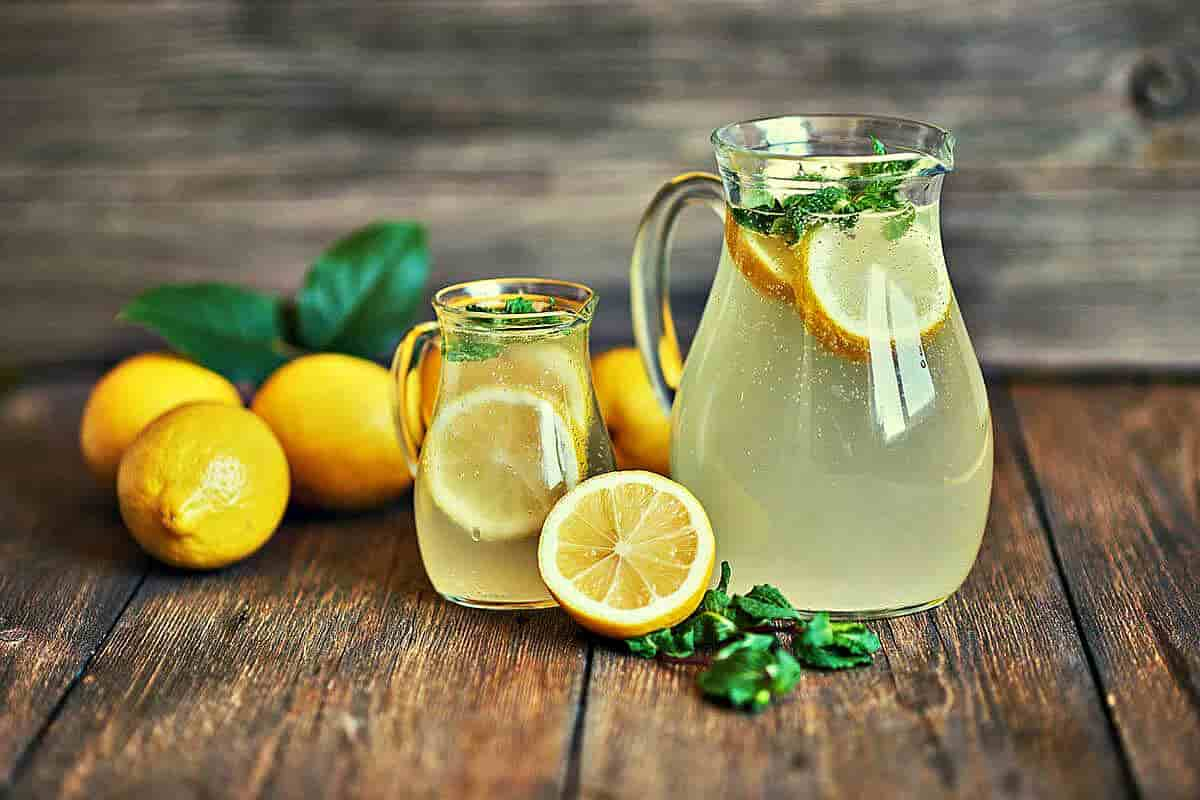
lemon juice drink
Lemon juice does not alkalize the blood, but it does alkalize the urine. Numerous adherents of the Alkaline Diet measure the alkalinity of their urine using pH test strips. They believe this is an accurate technique to determine how alkaline their system really is. However, although lemon juice may raise the alkalinity of your urine, it has no effect on the blood. Review research published in 2013 and 2012 indicate that the foods you eat have a negligible effect on your blood pH. According to previous study, to elevate your blood pH by 0.2, you would need to ingest the equivalent of 18 pounds (8 kg) of oranges, which have the same alkalizing capability as lemons, in one sitting. Due to the fact that your body must maintain a blood pH between 7.3 and 7.45 for your cells to function effectively, the effects of meals on your blood pH are minimal. If the pH of your blood is too low or too high, you may be suffering from metabolic acidosis or metabolic alkalosis, two potentially fatal illnesses. Due to the fact that your body is so proficient at keeping a good blood pH level, this is really fairly unusual. Your kidneys aid in maintaining constant levels by excreting excess acids as urine. A diet rich in acidic foods, such as steak, may increase the acidity of your urine, while a diet strong in alkalizing foods may have the reverse effect. While what you ingest may impact the acidity of your urine, the pH of your blood remains unchanged. Therefore, although ingesting lemon juice may raise the alkalinity of your urine, it will likely have little effect on the pH of your blood. 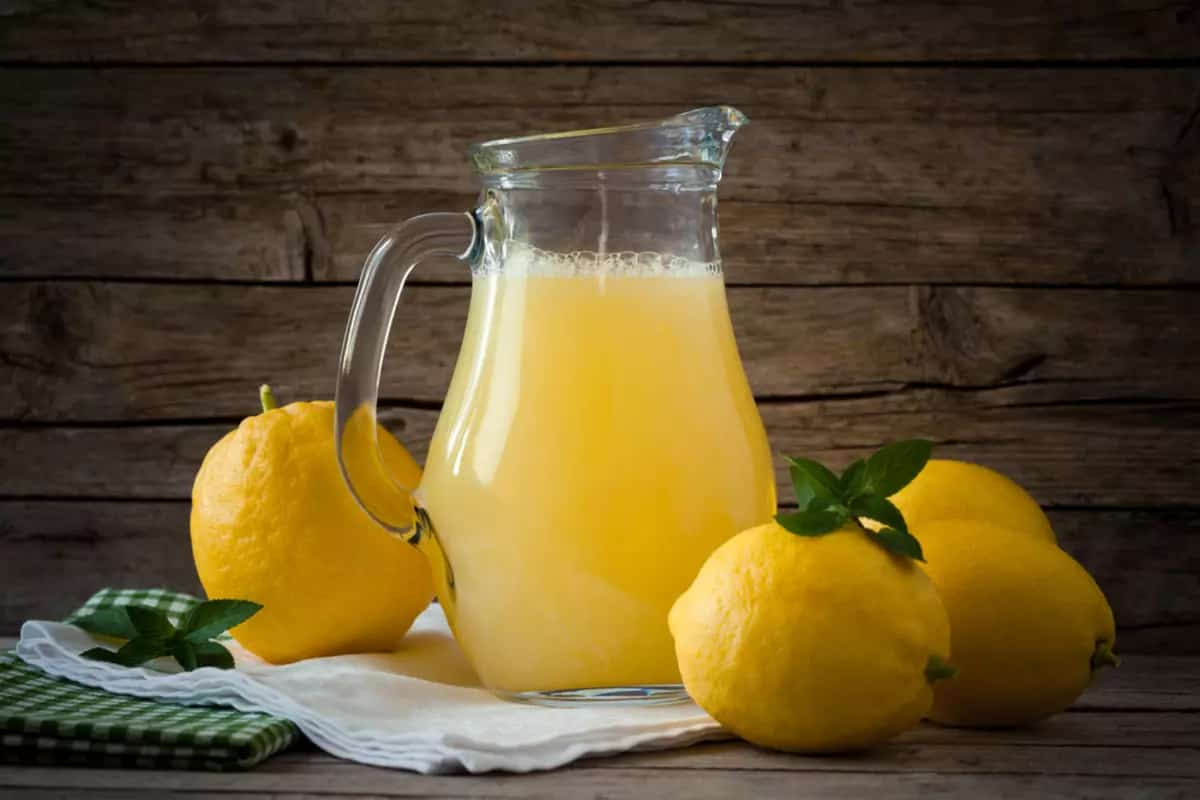

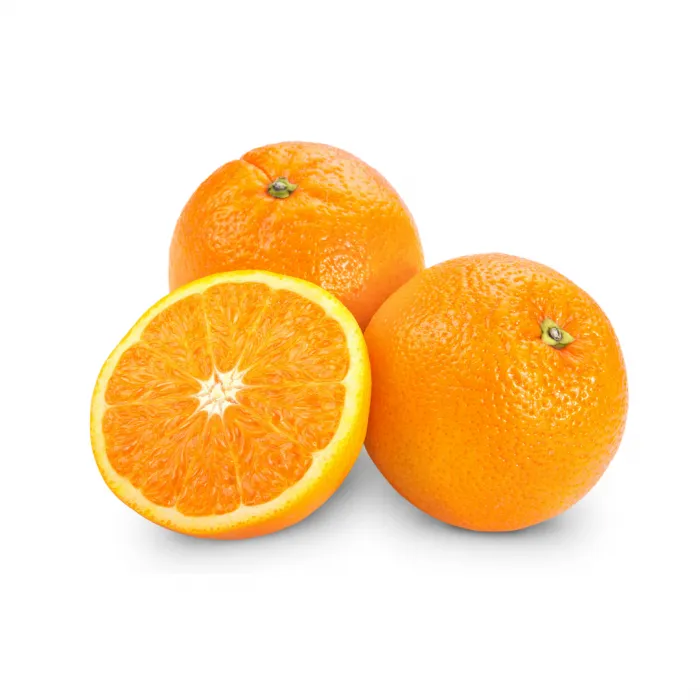

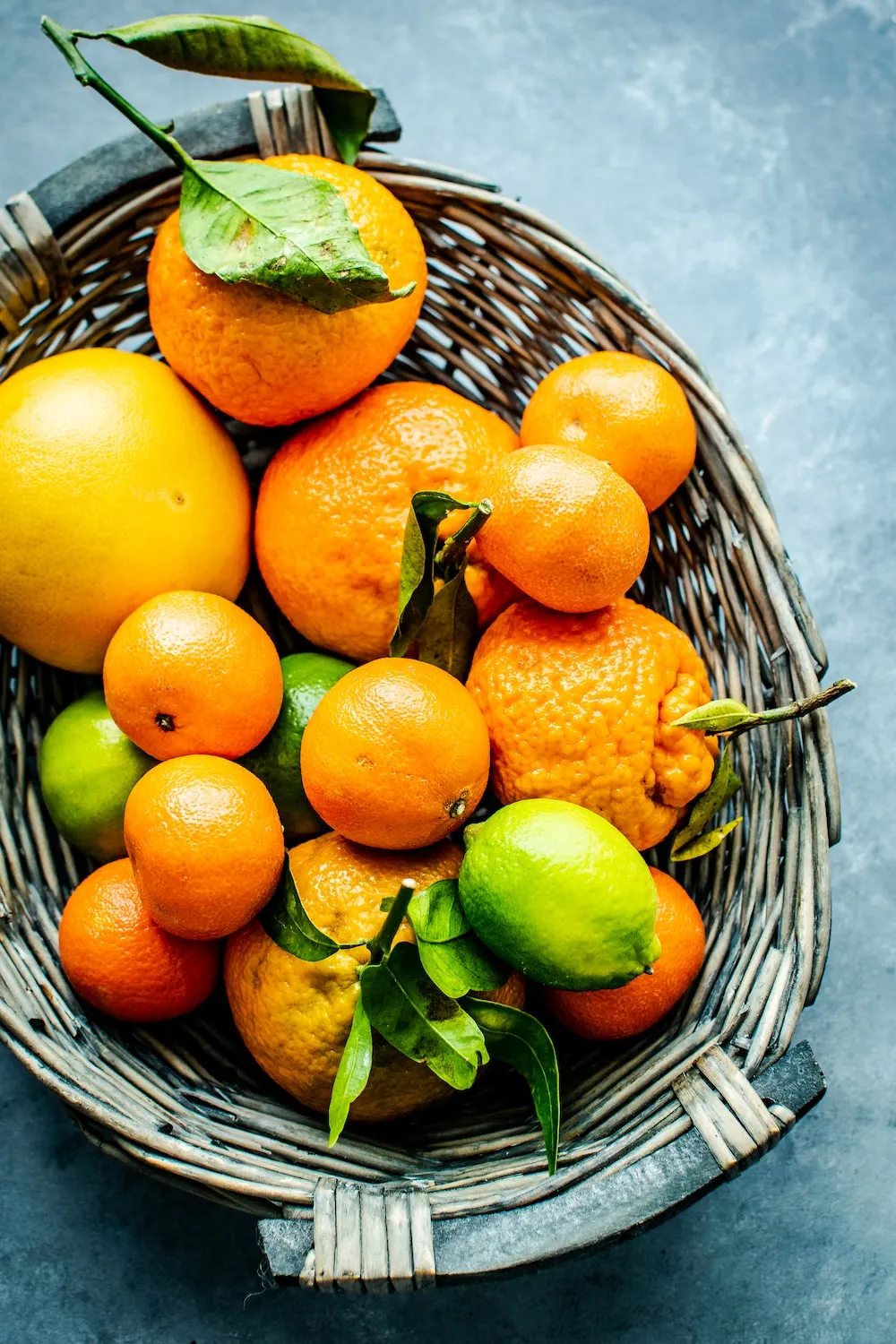
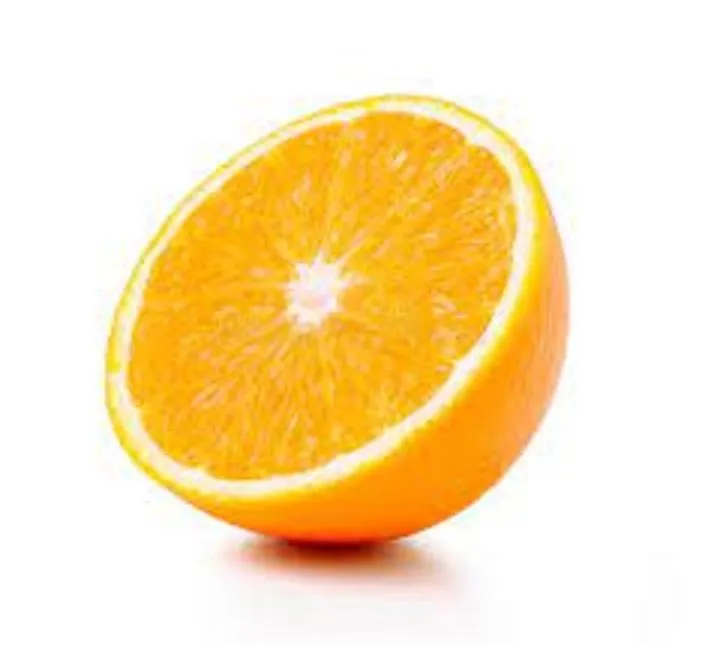
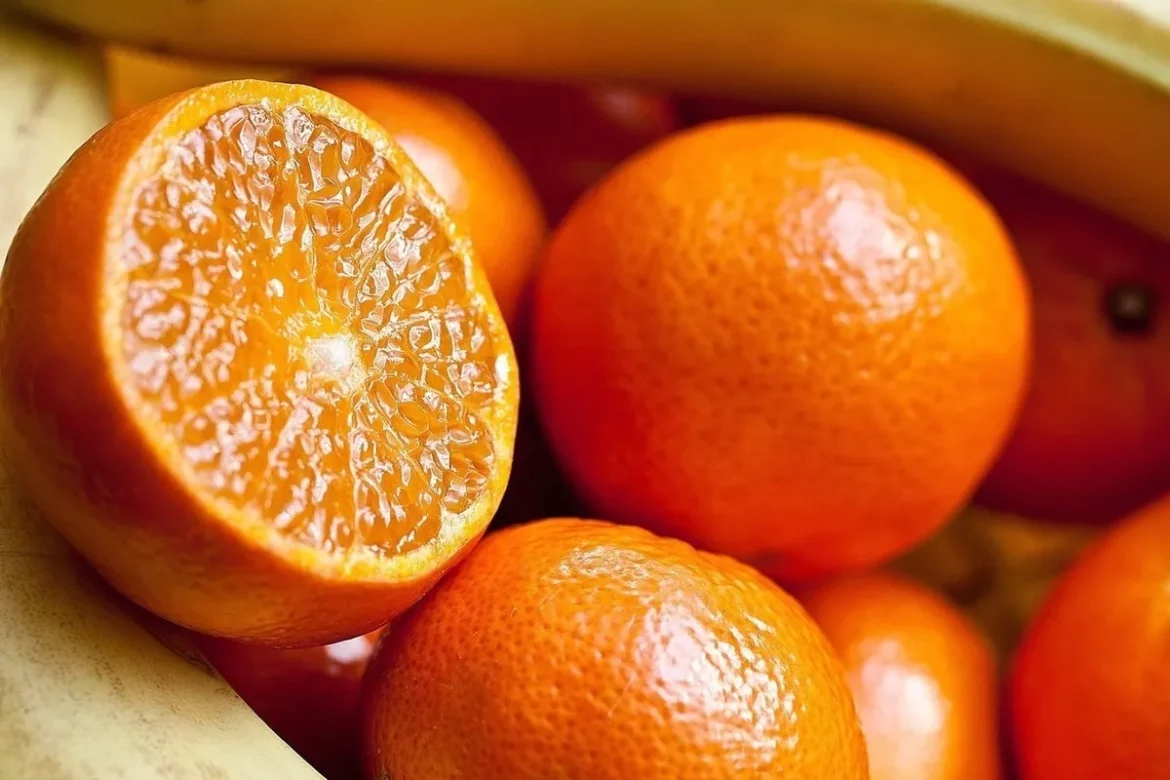

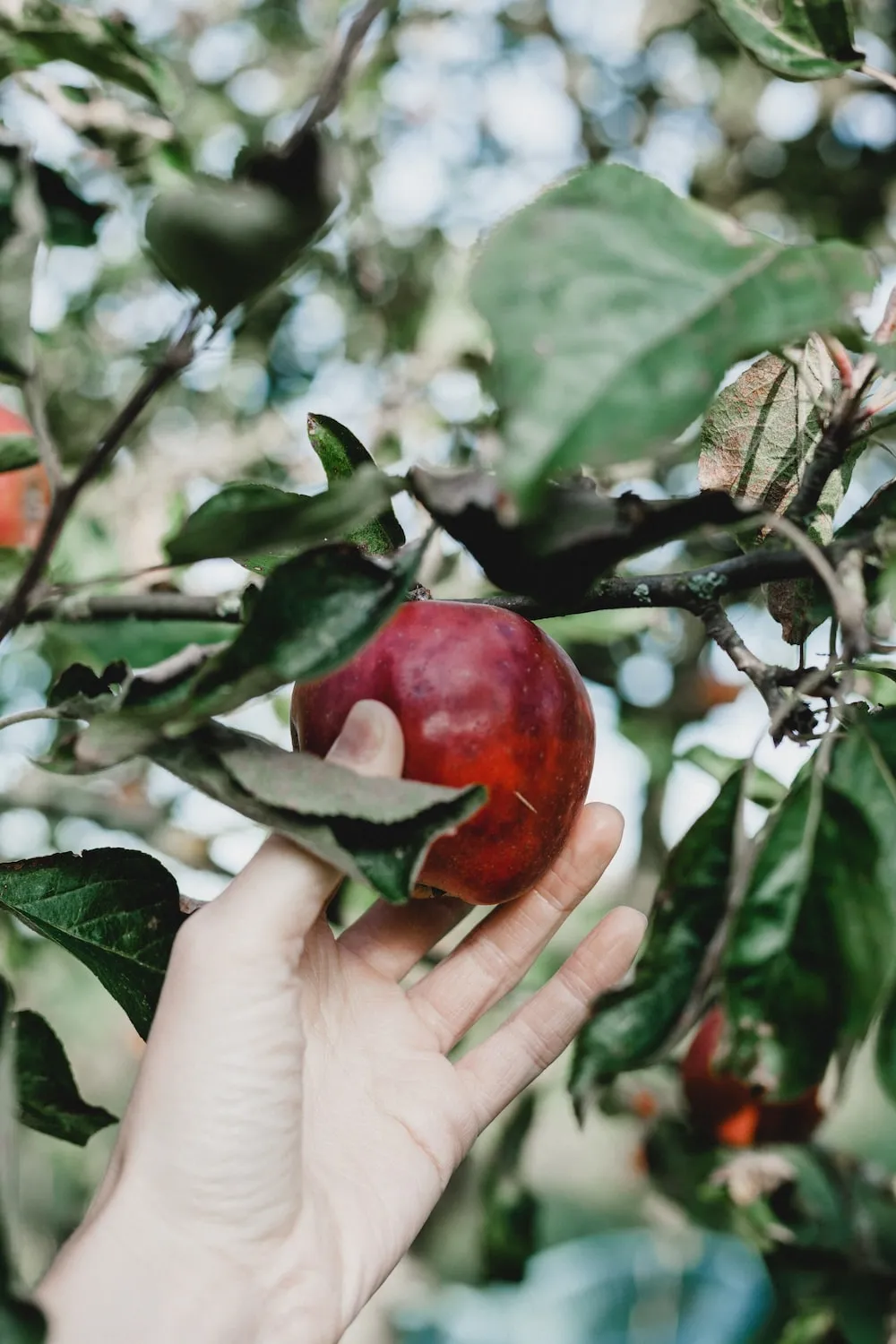
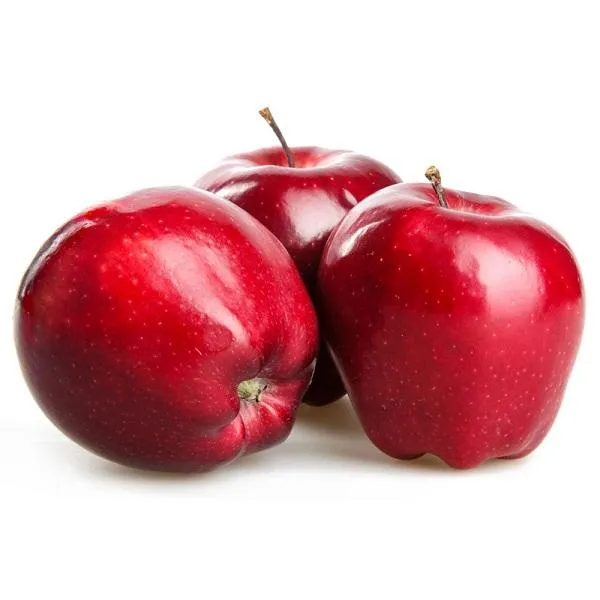
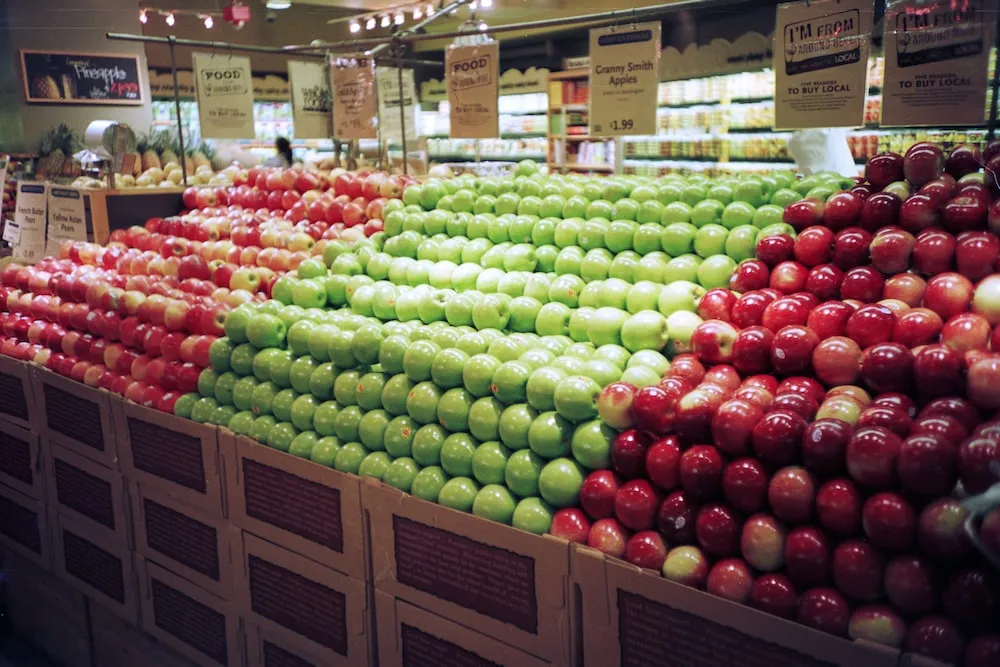
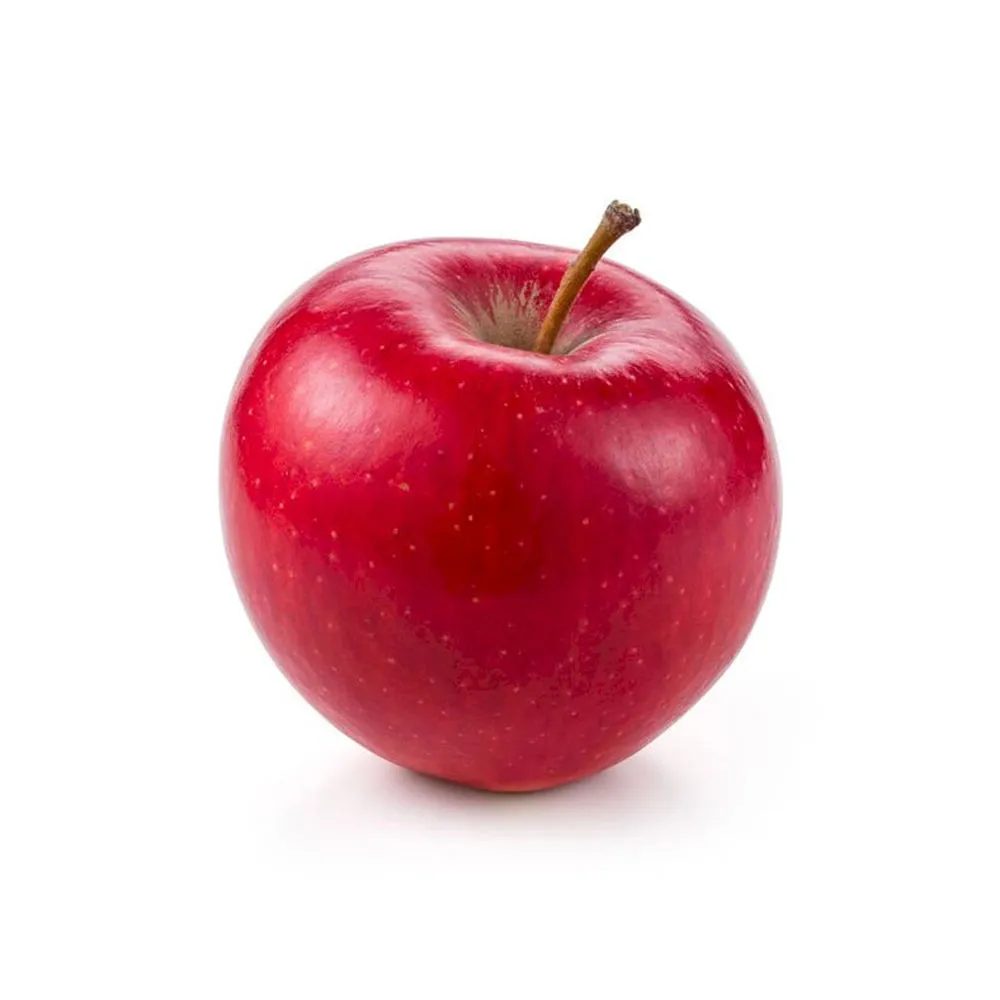
Your comment submitted.